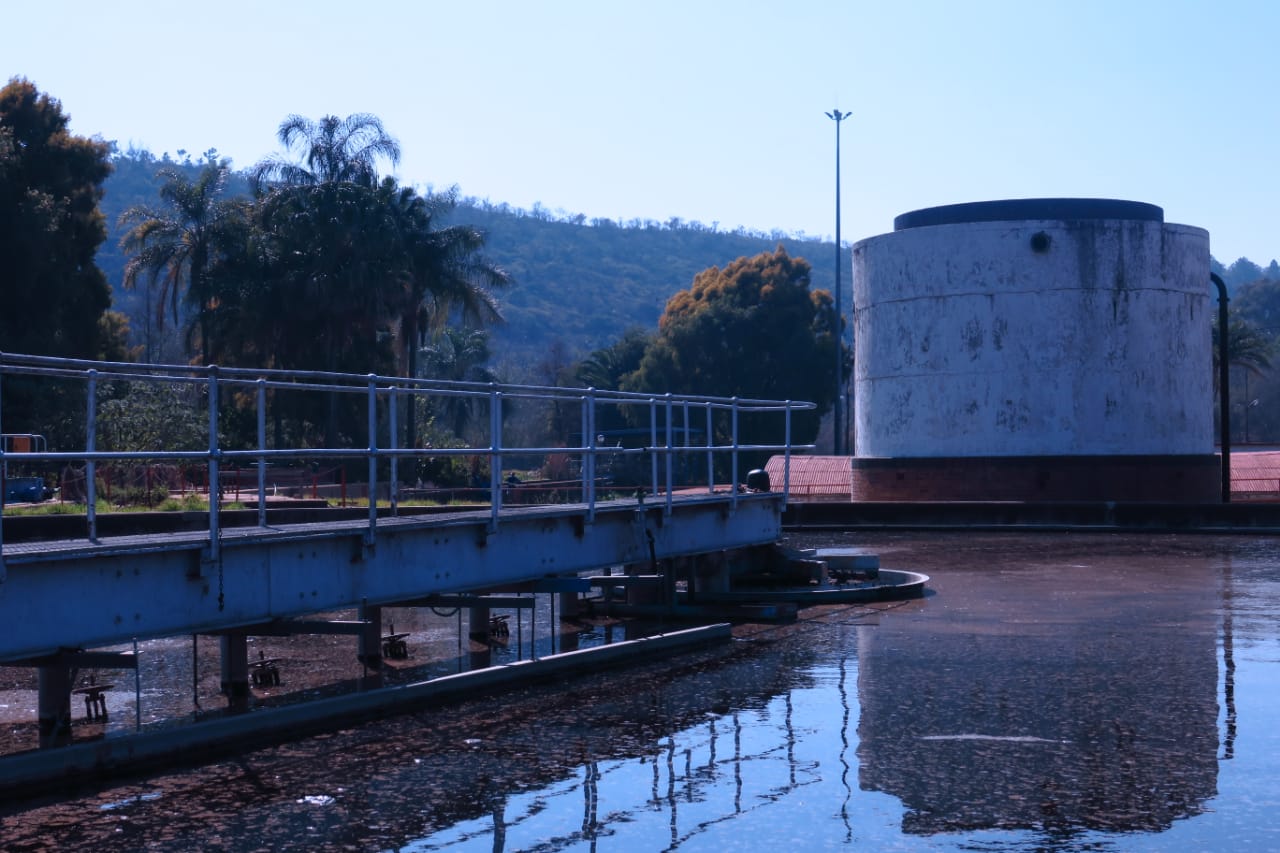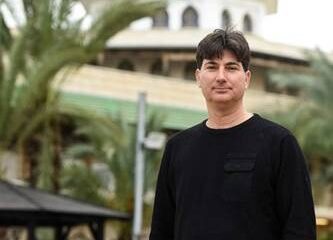
Israel

Israel can stop cholera outbreak in its tracks
Published
11 months agoon
The cholera outbreak in Hammanskraal, north of Pretoria, in recent weeks, has resulted in the deaths of more than 20 people from an entirely preventable illness. And yet, while people continue to suffer, Israeli expertise could get the situation under control now and in the future to prevent such a man-made disaster happening again.
“The national government’s failure to ensure access to clean drinking water in Hammanskraal has resulted in the death of 15 South Africans over the past few days [now 24],” says South African Zionist Federation director of public policy, Benji Shulman. “Further engagement between our government and its Israeli counterparts could help us to find sustainable solutions to our country’s water crisis and help save South African lives too.”
“A cholera outbreak [in South Africa] was inevitable due to the collapsing sewer and wastewater infrastructure in the country,” says Dr Clive Lipchin, the director of the Center for Transboundary Water Management at the Arava Institute for Environmental Studies (The Arava Institute) and a South African oleh. “Unless this issue is addressed, further outbreaks are guaranteed. To address this, good governance, trained personnel, and good financial management is required. Unfortunately, this isn’t the case in South Africa.”
“An important aspect of this issue is the lack of ability to provide sewage treatment in areas that aren’t being serviced by the grid,” says Shulman. “A new South African-based research project is testing an Israeli water technology system that could help alleviate some of the challenges posed by sewage treatment and its disease burden in underserviced areas.
“The Arava Institute, a leading environmental studies and research institute in Israel, recently signed a research memorandum of understanding with the University of the Free State to look into off-grid sewage. As a result, sewer treatment technology from Laguna Water is being tested in South Africa, assisting researchers working across the Drakensberg, allowing access to dignified ablution facilities in remote locations.
“The project has been so successful, they are already developing a larger version of the system at a site in Mamelodi through a partnership between the Jewish National Fund of South Africa (JNF SA) and the South Africa Israel Chamber of Commerce (SAICC). The system, which is powered by solar technology, could help prevent any future outbreaks of cholera in the most remote of South African communities with minimal water infrastructure.”
Says JNF SA Director Michael Kransdorff, “The JNF has an environmental-science centre in Mamelodi. It’s only one of 13 science centres in the country, and the only one in a township. Twelve thousand pupils from disadvantaged schools come to our centre every year.
“We work closely with the City of Tshwane on environmental and greening issues in the city. Last year, in a meeting with the former mayor, we realised water was a major problem for the city. Given Israeli expertise as the world leader in water recycling, we thought we could help. Together with the SAICC, we funded a delegation led by Clive Lipchin to visit and advise the city on the situation at Rooiwal and Hammanskraal.
“While there are no quick or cheap solutions to rebuilding failing wastewater treatment infrastructure, Clive, with his ‘out-of-the-box’ Israeli thinking, has come up with some short-term actions that can mitigate the situation and reduce the risk of future cholera outbreaks.
“Just like electricity and drinking water, the best short-term option for sewage treatment is getting people upstream to treat their sewage on-site themselves. Clive had the technology that could make this happen.
“So, together with Afrika Tikkun and the SAICC, we will be launching a pilot of Clive’s system at our centre in Mamelodi. It will treat sewage from our centre and clean the polluted river that runs nearby and use the water for agriculture. We have an urban farm at the centre where we assist pensioners from Mamelodi to grow vegetables.
“I believe there will be huge interest in this decentralised wastewater treatment solution,” says Kransdorff. “Numerous municipalities around the country are open to using it. Funding, rather than ideology, is the biggest constraint. In addition, there are non-government organisations, water boards, and private developers that have already shown interest.”
“At the SAICC, we’re honoured and privileged to act as the advanced link between South Africa to Israel, sharing our intellectual property, and assisting in the development of South Africa,” says board member Daniel Yakcobi. “Together with our partners, we aligned with our mission statement: to promote businesses and the community, enhancing the economy and improving quality of life.”
Says Lipchin, “To prevent infections spreading, people need to be given specific advisories not to drink water that is thought to be contaminated [with sewage]. If they don’t have an alternative source of water, they must chlorinate the water first in order to disinfect it. Strict hygiene should be enforced such as washing hands. If vaccines are available, a vaccination programme may be implemented, depending on how widespread the infection is thought to be.
“From a water standpoint, improvements must be made in sanitation and sewer treatment to avoid sewage water getting into the drinking supply. This is most likely what happened in Hammanskraal.”
He says there are “two assumptions” as to how this outbreak happened: “One, untreated sewage that was discharged into the Apies River, contaminating the Hammanskraal drinking water supply. Two, water tankers supplying drinking water to the residents were contaminated with sewage containing cholera.
“Israeli water technology can be rapidly implemented to treat sewage in conditions where sewer and wastewater infrastructure isn’t present or not functioning,” Lipchin says. “This is the case for the Rooiwal treatment plant, which isn’t functioning, and is discharging untreated sewage into the Apies River.
“Other Israeli technology that samples water quality can also be introduced to take quality tests at specific sites so as to quickly identify cholera that may be present.”
Lipchin says in order to implement such technology, “support from South African government entities is required – in this case, for example, the City of Tshwane. Financing must also be provided so that it can be implemented. The first step will be to do it as a pilot project, and based on the outcomes, to expand the project.”
Lipchin emphasises that “the community should be vigilant in assessing the safety of its drinking water supply. Drinking water should be filtered and chlorinated before being consumed. If a person is showing signs of diarrhoea, they must immediately seek medical help.
“The cholera tragedy in Tshwane teaches us that when wastewater infrastructure fails, people’s lives are at risk,” says Kransdorff. “This isn’t something that can be ignored. It’s going to require a society-wide effort by businesses, municipalities, and non-government organisations working together. As the JNF, we’re committed to doing what we can to be at the centre of these efforts.”










